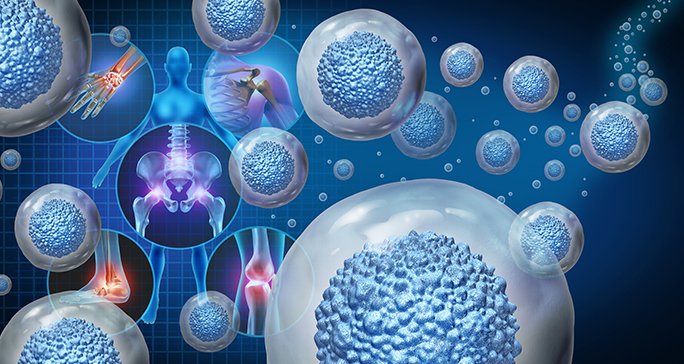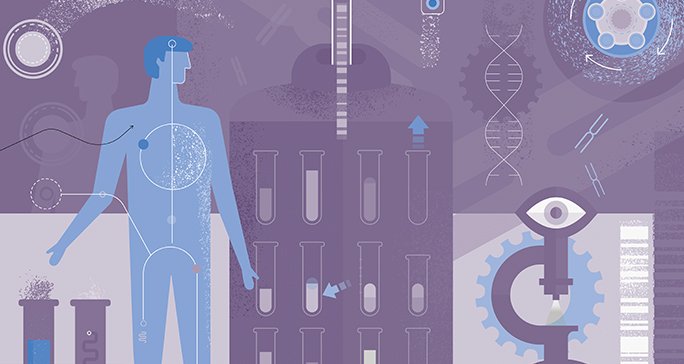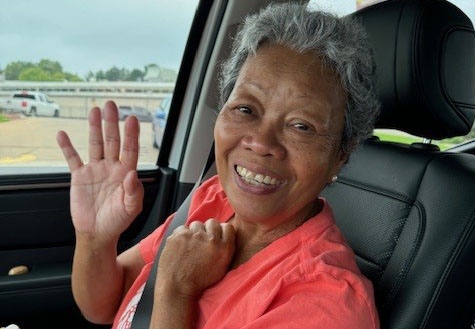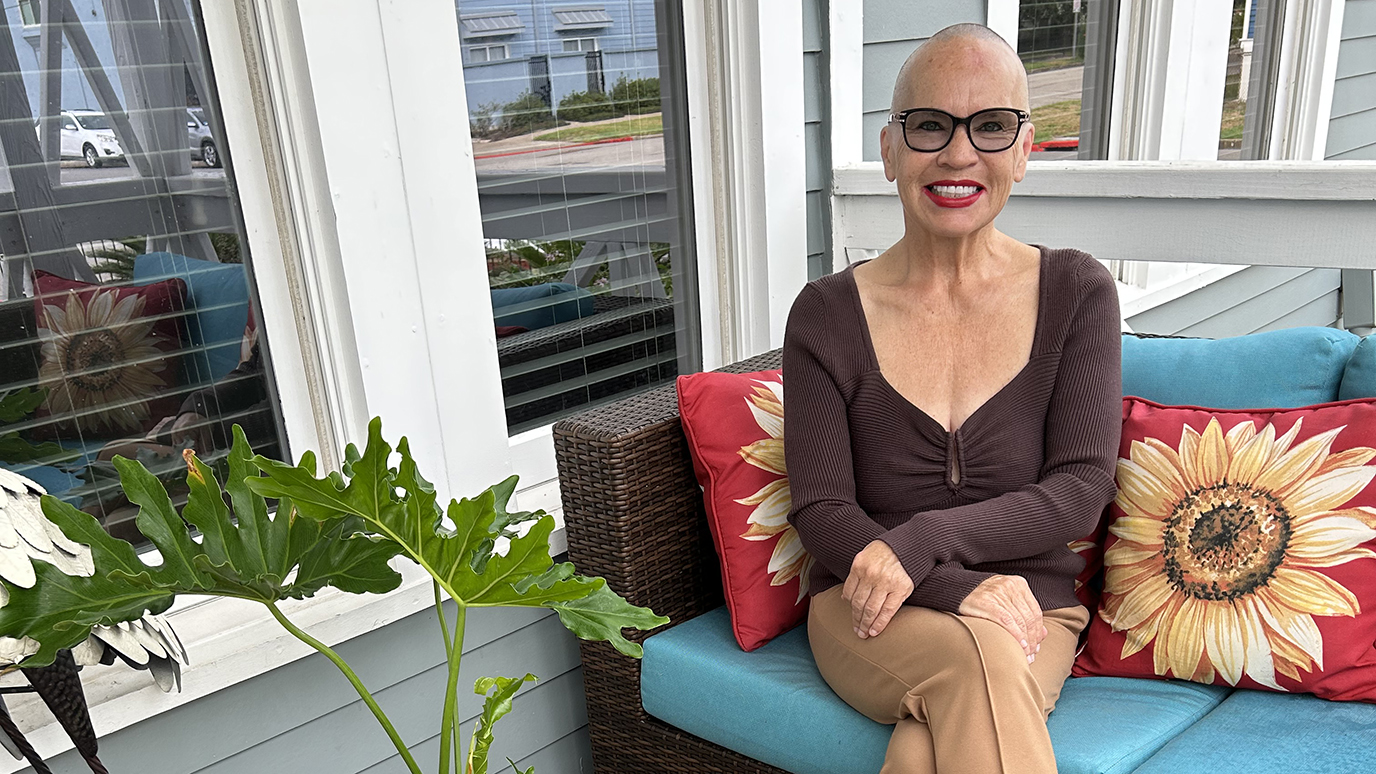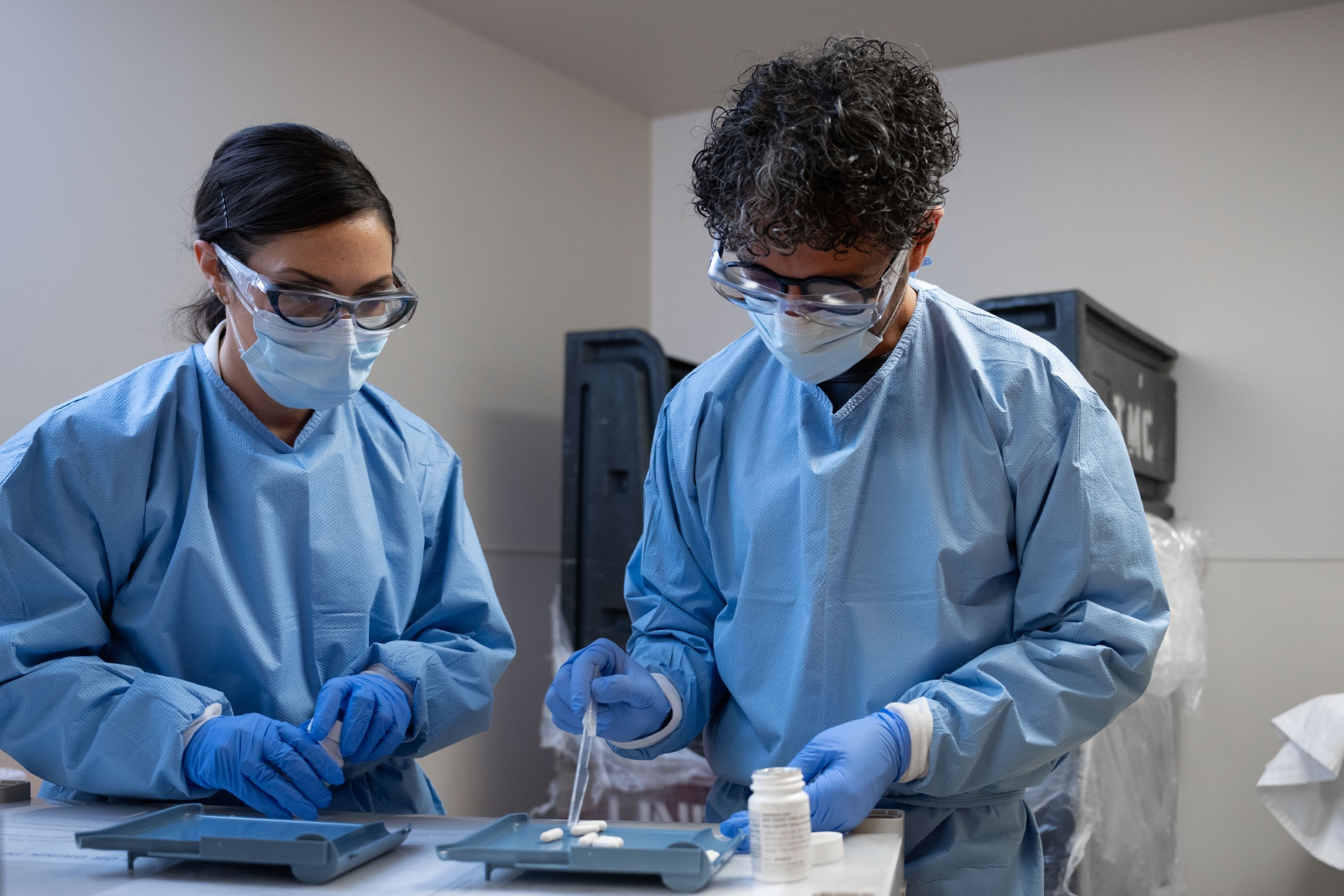- Diseases
- Acoustic Neuroma (14)
- Adrenal Gland Tumor (24)
- Anal Cancer (68)
- Anemia (2)
- Appendix Cancer (16)
- Bile Duct Cancer (26)
- Bladder Cancer (72)
- Brain Metastases (28)
- Brain Tumor (232)
- Breast Cancer (714)
- Breast Implant-Associated Anaplastic Large Cell Lymphoma (2)
- Cancer of Unknown Primary (4)
- Carcinoid Tumor (8)
- Cervical Cancer (158)
- Colon Cancer (166)
- Colorectal Cancer (116)
- Endocrine Tumor (4)
- Esophageal Cancer (44)
- Eye Cancer (36)
- Fallopian Tube Cancer (8)
- Germ Cell Tumor (4)
- Gestational Trophoblastic Disease (2)
- Head and Neck Cancer (12)
- Kidney Cancer (128)
- Leukemia (342)
- Liver Cancer (50)
- Lung Cancer (286)
- Lymphoma (278)
- Mesothelioma (14)
- Metastasis (30)
- Multiple Myeloma (100)
- Myelodysplastic Syndrome (60)
- Myeloproliferative Neoplasm (4)
- Neuroendocrine Tumors (16)
- Oral Cancer (100)
- Ovarian Cancer (172)
- Pancreatic Cancer (160)
- Parathyroid Disease (2)
- Penile Cancer (14)
- Pituitary Tumor (6)
- Prostate Cancer (146)
- Rectal Cancer (58)
- Renal Medullary Carcinoma (6)
- Salivary Gland Cancer (14)
- Sarcoma (238)
- Skin Cancer (296)
- Skull Base Tumors (56)
- Spinal Tumor (12)
- Stomach Cancer (64)
- Testicular Cancer (28)
- Throat Cancer (92)
- Thymoma (6)
- Thyroid Cancer (96)
- Tonsil Cancer (30)
- Uterine Cancer (80)
- Vaginal Cancer (16)
- Vulvar Cancer (20)
- Cancer Topic
- Adolescent and Young Adult Cancer Issues (20)
- Advance Care Planning (10)
- Biostatistics (2)
- Blood Donation (18)
- Bone Health (8)
- COVID-19 (362)
- Cancer Recurrence (120)
- Childhood Cancer Issues (120)
- Clinical Trials (630)
- Complementary Integrative Medicine (20)
- Cytogenetics (2)
- DNA Methylation (4)
- Diagnosis (232)
- Epigenetics (6)
- Fertility (62)
- Follow-up Guidelines (2)
- Health Disparities (14)
- Hereditary Cancer Syndromes (126)
- Immunology (18)
- Li-Fraumeni Syndrome (8)
- Mental Health (116)
- Molecular Diagnostics (8)
- Pain Management (62)
- Palliative Care (8)
- Pathology (10)
- Physical Therapy (18)
- Pregnancy (18)
- Prevention (916)
- Research (390)
- Second Opinion (74)
- Sexuality (16)
- Side Effects (604)
- Sleep Disorders (10)
- Stem Cell Transplantation Cellular Therapy (216)
- Support (402)
- Survivorship (320)
- Symptoms (182)
- Treatment (1786)
Clinical trial participant: Why I don’t mind being in the control group
2 minute read | Published March 27, 2018
Medically Reviewed | Last reviewed by an MD Anderson Cancer Center medical professional on March 27, 2018
When I was diagnosed with myelodysplastic syndromes (a precursor of acute myeloid leukemia) in July 2015, I don’t know what shocked me more: the fact that my only chance for a cure was a bone marrow transplant, or that because I was 75, my “advanced” age disqualified me from receiving one.
Then I discovered that my insurance provider would consider covering transplants for patients over age 65 — but only if they met certain fitness criteria, and the transplants took place as part of clinical trials at a certified institution.
Since I’d been playing squash competitively for years, I knew I could meet the health requirements. So, I began researching hospitals. As an economist, I like somebody with experience. And when I read about the incredible work Richard Champlin, M.D., was doing in this area — and the fact that MD Anderson performs about 850 stem cell transplants a year — I called to make an appointment.
How I’m contributing to cancer-fighting science
I participated in two different clinical trials at MD Anderson. The first one tested the effectiveness of a particular combination of chemotherapy drugs (administered in a certain sequence) designed to prepare older patients for stem cell transplants with reduced-intensity conditioning. The second one tested whether a chemotherapy drug called azacitidine (Vidaza) could help prevent a recurrence if administered after a stem cell transplant.
I received the drugs as part of the first clinical trial, but was randomly assigned to the group of patients that did not receive the drug as a part of the second.
At first, I was a little disappointed. But the way I see it now is that I’ll be one of the patients who prevents the doctors from mistakenly thinking something’s going to help, if it isn’t. And the only way to know that is to have a control group. So, I’m the control.
Why I chose MD Anderson for my stem cell transplant
It’s been two years since my allogeneic stem cell transplant, which used an anonymous donor’s cells to kill any remaining cancer cells and restore my immune system. And so far, I’ve shown no signs of relapse.
I have to take a small pill daily for the rest of my life due to chemotherapy-induced hypothyroidism, and I had a bit of graft vs. host disease (GVHD) on my upper torso for about a year. But other than that, I’m doing great. And I’m now an even better squash player than before.
As patients, we ultimately have to choose the best place for our treatment. For me, that place was MD Anderson. Because I believe in the careful science behind their clinical trials. And everything its doctors do is designed to improve the success rate of patients’ treatment.
Request an appointment at MD Anderson online or by calling 1-855-743-4745.
Related Cancerwise Stories

I believe in the careful science behind the clinical trials.
Stephen F. Weber
Survivor

